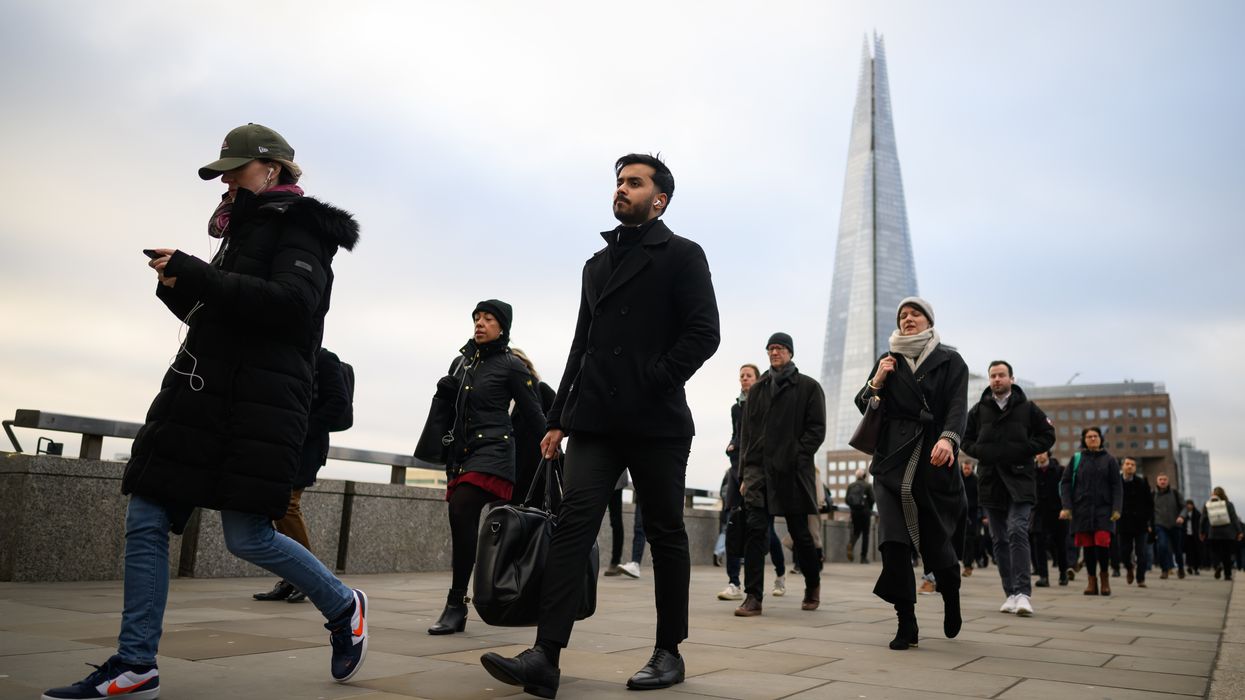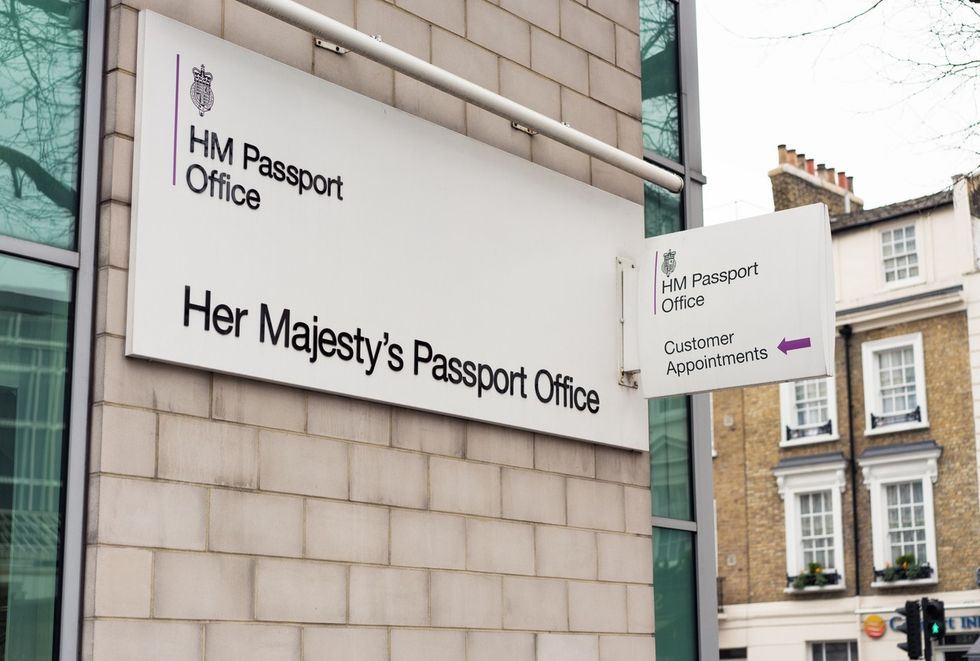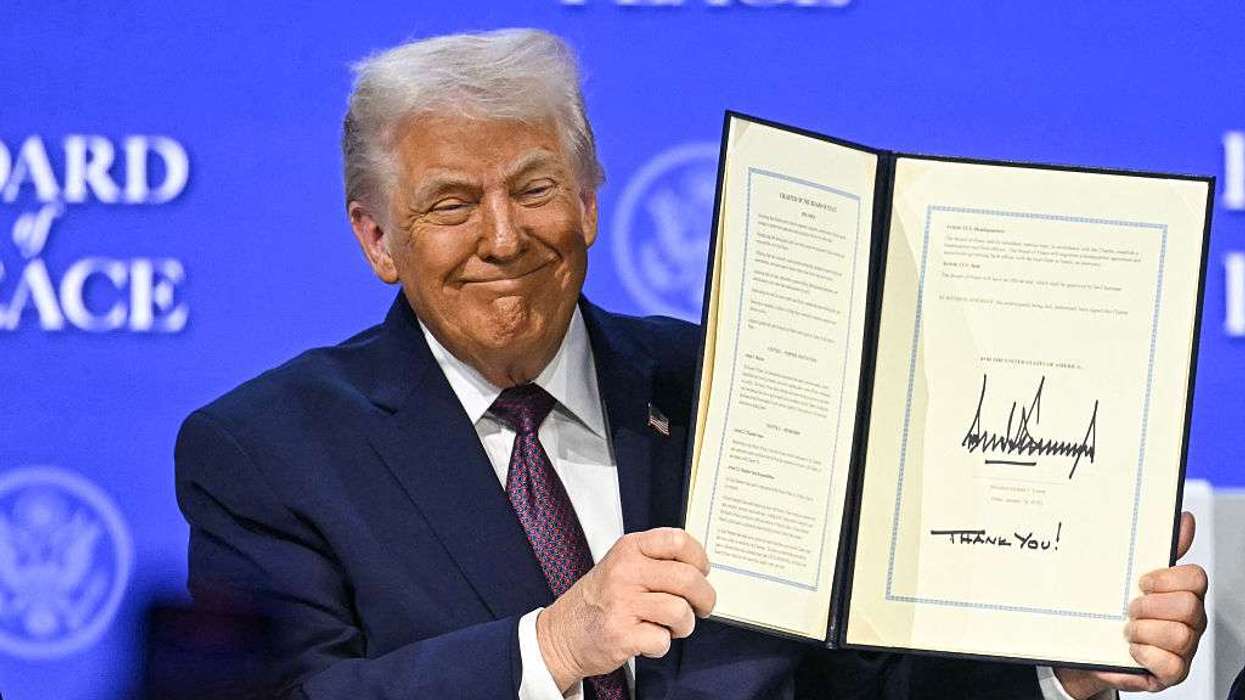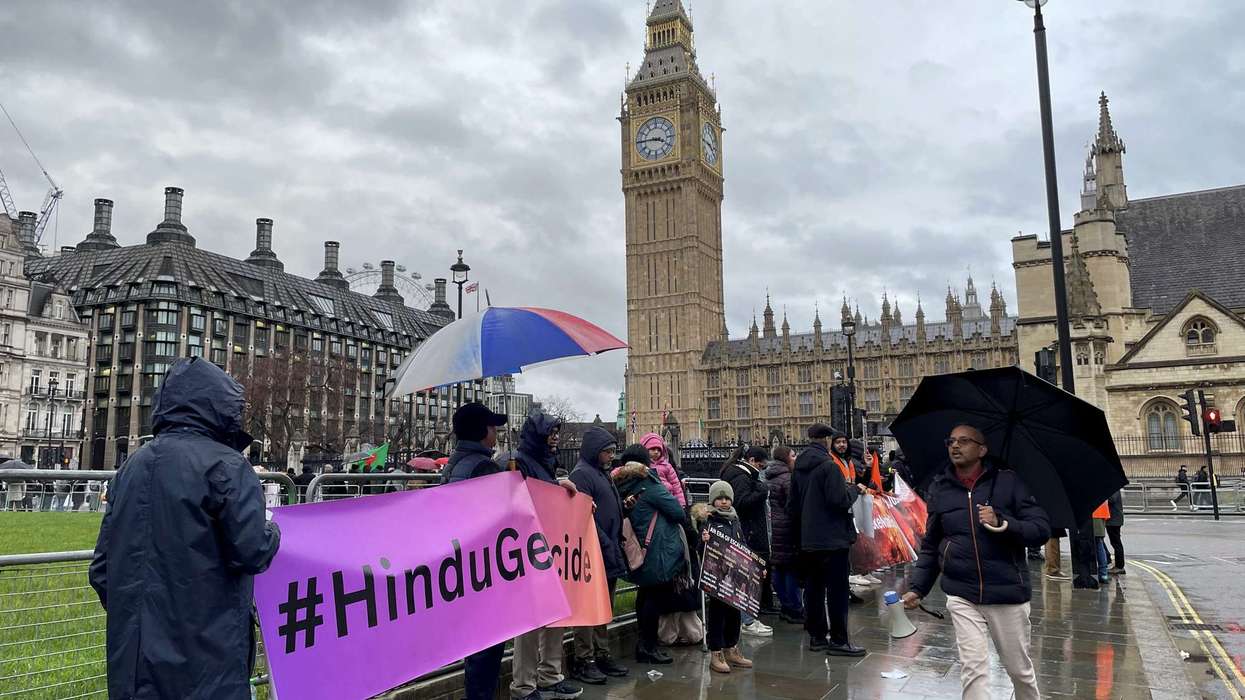HIGH UK visa costs are making it harder to attract international workers, scientists and consultants have said.
The Royal Society, a scientific academy, said UK immigration fees for foreign workers are up to 17 times higher than the average for other leading science nations. They are inflated in part by an upfront charge to access the NHS.
The society, scientists, consultants and a lawmaker who spoke to Reuters said the fees are making it harder to hire global talent to fill Britain’s skills gap, and undermining prime minister Sir Keir Starmer’s “mission” to grow the economy.
They also risk efforts to attract scientists who may leave the United States following president Donald Trump’s cuts to research funding.
“If we can’t convince people to come here, they’re going somewhere else,” said Ed Roberts, who runs a cancer research laboratory in Scotland.
It took him over a year to find a senior scientist to work at the lab, and he interviewed a mix of British and foreign candidates for the specialised role. “It’s definitely slowing down research,” he said.
Fees for visas to live and work in Britain have increased as successive governments vowed to cut record net migration.
Roberts said an immunology researcher from Hong Kong rejected an offer to join his Cancer Research UK Scotland Institute over the roughly £15,000 upfront bill he would have to pay to move to Britain with his wife and child.
Like many other employers, the lab will reimburse visa costs for the employee, but not accompanying family members.
Reuters was not able to contact the Hong Kong researcher.
Frenchman Baptiste Brauge was reimbursed for his £4,400 visa fee when he took up a separate role with Roberts. Even so, it was “frightening” to initially part with a large chunk of his personal savings, the 28-year-old researcher said.
Britain’s Immigration Health Surcharge (IHS) went up by 66 per cent last year, reaching £1,035 a year per adult.
“As soon as these kind of things come in, the number of applicants we have go down,” Roberts said. “It just makes it hard to convince them that this is an attractive place to be.”
The Labour government, which has commissioned a review of labour shortages in sectors including IT and engineering, said it was difficult to compare different countries’ visa costs.
It said a policy paper would soon set out a plan “to restore order to our broken immigration system, linking immigration, skills and visa systems to grow our domestic workforce, end reliance on overseas labour and boost economic growth”.
Britain currently charges businesses £12,120 for a typical five-year skilled worker visa. That is nearly 60 per cent more than in 2021, said Louise Haycock, a partner at immigration services firm Fragomen. Adding a partner and two children could push the upfront cost to £30,000.
According to the Royal Society, even the Global Talent Visa, Britain’s specialist route for researchers and innovators, is the most expensive among comparable permits from 18 leading science nations, including the US, China, Japan, France and Germany.
The Royal Society said it was hard to estimate how many people had been discouraged from applying for British jobs.
Cancer Research UK estimates it will spend £700,000 on immigration fees annually, money it said could be used in the fight against cancer.
British fees have been increased as net migration hit record levels in recent years, fuelling a debate over the ability of strained public services to cope with population growth versus the need for foreign workers to drive the economy.
The former Conservative government also raised the minimum salary threshold for immigrant workers by nearly 50 per cent, hoping to deter what it described as “cut-price foreign labour”.
Visas granted for science, research and engineering roles fell by a third in the second half of 2024 from the same period a year earlier, Home Office data showed. The fall, which followed the increases to the salary threshold and IHS, was broadly in line with a drop in overall work visas.
Alison Noble, a senior academic and the Royal Society’s foreign secretary, said the costs will limit Britain’s ability to court those who may seek to leave the US after Trump’s administration cut funding for universities and research bodies. “One factor will be, can they afford it, or how open and welcoming is a country?” Noble said.
Starmer’s artificial intelligence adviser, Matt Clifford, warned in the government’s AI Opportunities Action Plan that the “cost and complexity” of visas created barriers for start-ups and deterred overseas talent from coming to the UK.
Although home to world-famous universities including Cambridge, Oxford and Imperial College London, Britain has a severe science, technology, engineering and mathematics (STEM) skills shortage.
Of 934,000 vacancies recorded in the economy at the end of 2023, about 46 per cent were in STEM-related fields, a University of Cambridge report said last year.
Fragomen’s Haycock said engineering had been hit hard by the salary threshold rise because of its reliance on overseas workers, forcing businesses outside London with typically lower salaries to pay significantly more.
Julia King, a lawmaker who chaired the Science and Technology Committee in the House of Lords until January, described the restrictive visa policy as an “act of national self-harm”.
“If we’re going to get growth in this country, it’s going to be in these knowledge-intensive areas,” King, an engineer who is also a chancellor at a research university in England, said. “We’re shooting ourselves in the foot.”





